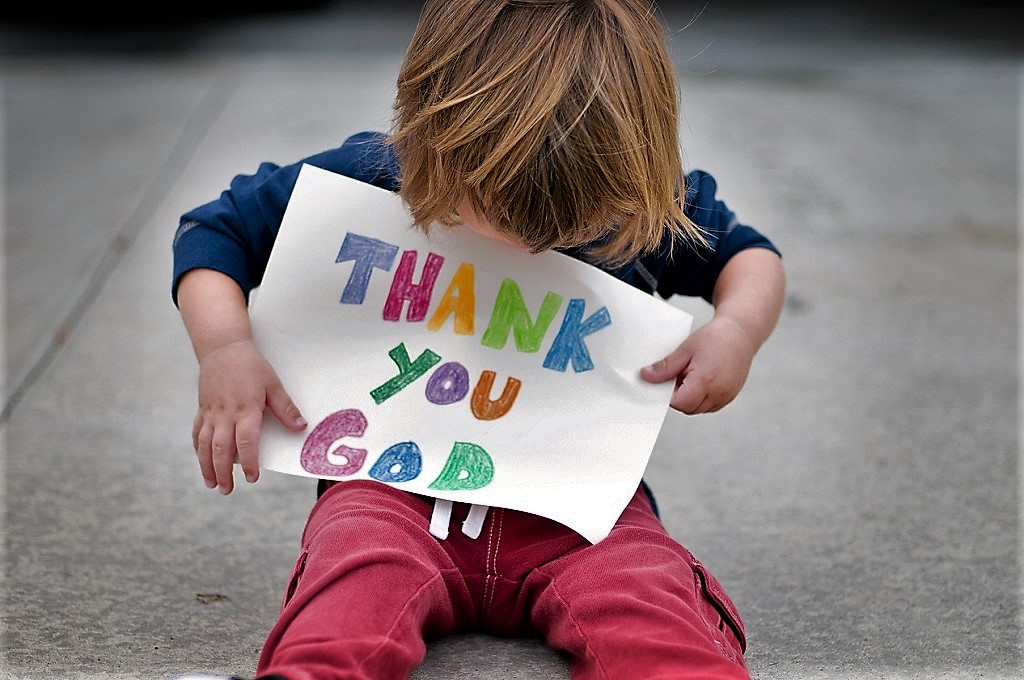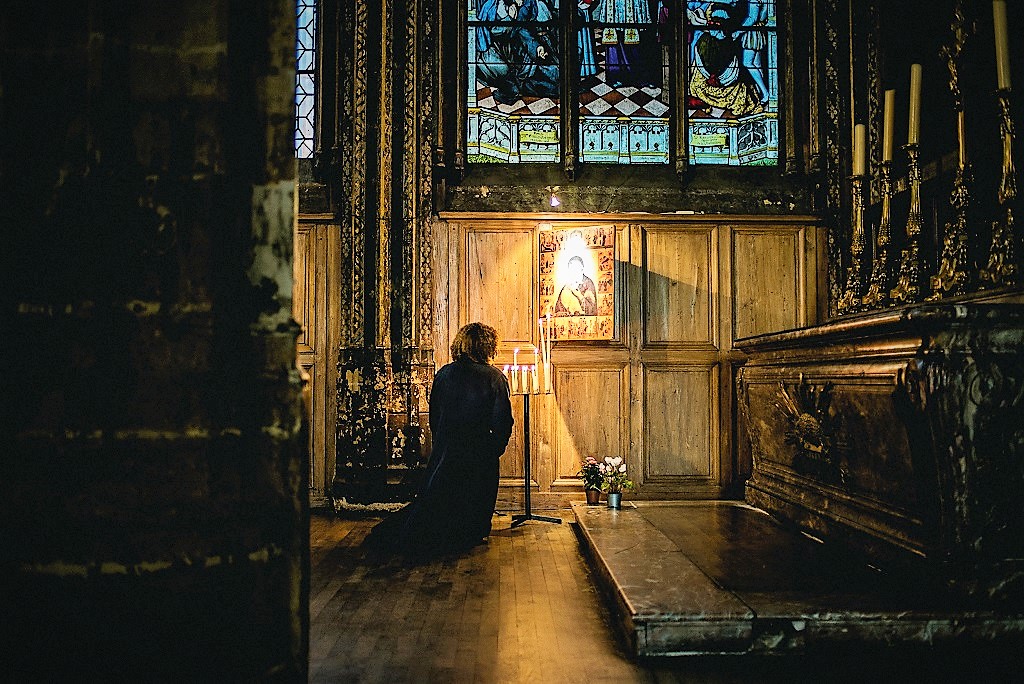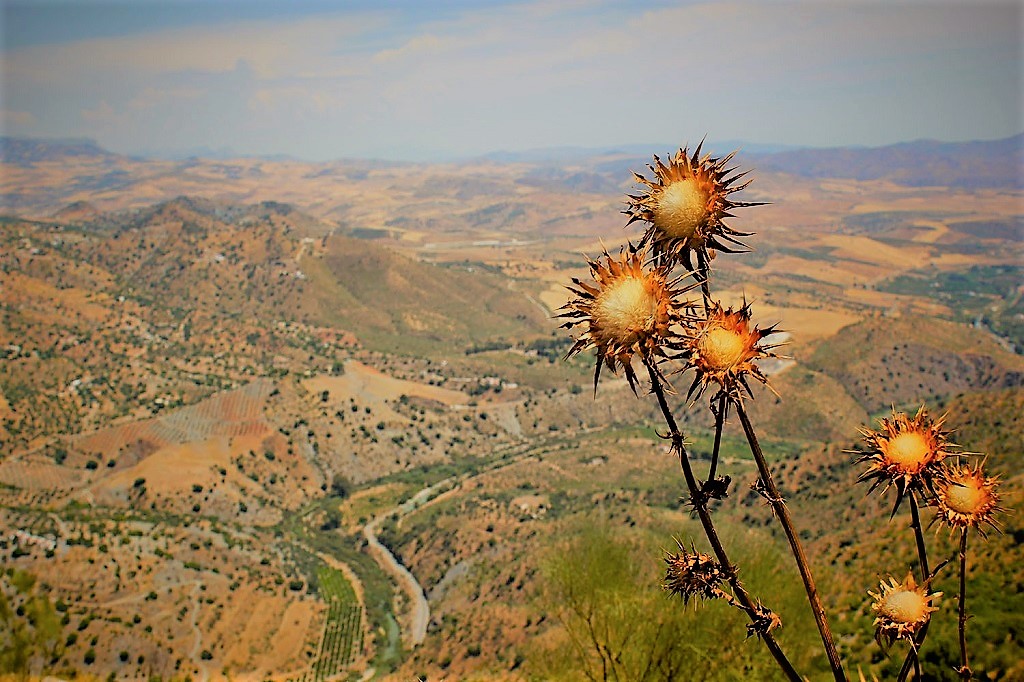Private Revelations
There are many people who claim to have what are called “private revelations” in the Catholic Church. That is, they believe that God has spoken directly to them with a specific message, that Jesus has appeared or that the Blessed Mother has visited them. The Church takes these claims quite seriously, and will spend many years investigating before declaring such a revelation valid. Even then, no one is required to believe such revelations. The Catechism of the Catholic Church states:
Throughout the ages, there have been so-called “private” revelations, some of which have been recognized by the authority of the Church. They do not belong, however, to the deposit of faith. It is not their role to improve or complete Christ’s definitive Revelation, but to help live more fully by it in a certain period of history. Guided by the Magisterium of the Church, the sensus fidelium knows how to discern and welcome in these revelations whatever constitutes an authentic call of Christ or his saints to the Church.
Christian faith cannot accept “revelations” that claim to surpass or correct the Revelation of which Christ is the fulfillment, as is the case in certain non-Christian religions and also in certain recent sects which base themselves on such “revelations”.
So, if you’re not captivated by the Shroud of Turin, for examples, or don’t really wish to go to Lourdes, it’s ok. You don’t have to, in order to be a good Catholic.
Mary at Fatima
With that said, one of the best-known and perhaps most important revelations took place 100 years ago, in Fatima, Portugal. Mary appeared to three children, Francisco and Jacinta (who were brother and sister), and their cousin, Lucia. The world was enmeshed in World War I, but these children were tucked away, herding sheep as their families eked out meager livings.
In 1916, the children were visited by three times by St. Michael, who seemingly prepared the children for the appearance of the Blessed Mother. Then, in May of 1917, the Blessed Mother (although she did not specifically identify herself until later that year) appeared to the children:
Our Lady appears to the three children at the Cova da Iria, a large open field outside the village of Fatima, to ask that they return for five months in succession, on the 13th day of each month, at the same hour. At each apparition, Our Lady requested that the Rosary be prayed every day to obtain peace in the world.
The children often said the Rosary as they watched over the families’ sheep, but (as kids tend to do!), they used a very quick method. Instead of saying the entire prayer on each bead, they simply said, “Our Father” and “Hail Mary” and then moved on to the next bead. However, after the apparition of the Lady, they began to pray in earnest.
While the children tried to keep these appearances a secret, they were in fact just children, and Fatima was a very small place. Each month, on the 13th, the children would go to the cove where Mary had appeared, and each month more and more people came. Lucia was the only one who saw, heard and spoke to Mary. Francisco could see her, but not hear her, and Jacinta could see and hear her, but did not speak.
In July, Mary allowed the children a vision of Hell:
“You have seen Hell, where the souls of poor sinners go. To save them, God wills to establish in the world devotion to My Immaculate Heart.”
Mary requested that Russia be dedicated to her Immaculate Heart (which happened during the pontificate of St. John Paul II), and also shared what is known as the third secret of Fatima, which Cardinal Ratzinger (who would become Pope Emeritus Benedict XVI) had studied and written about:
The third part, commonly known as the Third Secret, involves the vision of a post-apocalyptic world in which a future Pope is executed on a hill before a cross outside a devastated city along with priests, bishops, religious and members of the laity. [The text concerning the vision would be published on June 26, 2000, but the words of the Virgin explaining its precise meaning (as She had explained the vision of Hell) and its historical context have yet to be revealed. Sister Lucia’s Fourth memoir, however, will reveal that the Virgin’s explanation begins with the words: “In Portugal the dogma of the Faith will always be preserved,” to which Lucia added “etc” in order to indicate the rest of a yet-tobe-revealed prophecy concerning a crisis of Faith in the Church outside of Portugal accompanied by the apocalyptic outcome depicted in the vision.]
The Miracle of the Sun
The culmination of Mary’s visit to the children was in October 1917. More than 70,000 people were in attendance, reporters and photographers included. Mary reaffirmed her request that the children pray the Rosary daily, and urge others to do the same. Then, the pouring rain that had turned the cove into a muddy mess suddenly stopped:
Some 70,000 people, gathered in the Cova during a driving rain, witness the Miracle of the Sun: the rain suddenly stops; the clouds disappear; and then the sun twirls in the sky, throws off vivid colors, and plunges toward the terrified crowd, instantly drying soaked clothing and the ankle deep mud covering the ground. Many were cured of diseases on the spot, many more converted to the Catholic Faith. Even atheists and anticlerical news reporters, present to scoff at the event, admit that the miracle occurred. Nothing like this miracle, announced in advance, has ever occurred in the history of the world.
Despite the fact that they were disbelieved by nearly everyone (Lucia reportedly was beaten by her own father), the children never wavered from their story. Mary, the Mother of God, had appeared to them, required penance and prayer for the salvation of the world.
Sadly, both Francisco and Jacinta died at a very young age (Francisco in 1919 and his sister in 1920.) They offered up their suffering for the world, that sinners would convert. Both have been beatified, and Pope Francis has confirmed that both will be canonized during this anniversary year. Lucia eventually became a Carmelite nun, and lived in a monastery in Coimbra, Portugal until her death in 2005. The cause for her beatification is in the works.
The Message of Fatima Today
While many people have a great devotion to Our Lady of Fatima, it seems as though the world is in nearly the same state now as it was when Mary appeared in Fatima. We still need to pray the Rosary, work to convert sinners (ourselves included!) and continue to pray for peace. Images of Christians in Syria, Pakistan, the Sudan and so many other places should compel us to pray for peace. Indeed, Christianity is now the most persecuted religion in the world. The message of Fatima is needed now more than ever. The 100th anniversary is a great reminder that all of us are called to this message of peace and prayer.
For more reading on the appearances of Mary in Fatima, and about the children, click here.
 Elise Hilton is an author, blogger and speaker. Her role at Diocesan Publications is Editor & Writer with the Marketing Team. She has worked in parish faith formation and Catholic education for over 30 years. A passionate student of theology, Elise enjoys sharing her thoughts on parish communication, the role of social media in the Church, Franciscan spirituality and Catholic parenting. To enquire about booking her as a speaker, please contact her at ehilton@diocesan.com.
Elise Hilton is an author, blogger and speaker. Her role at Diocesan Publications is Editor & Writer with the Marketing Team. She has worked in parish faith formation and Catholic education for over 30 years. A passionate student of theology, Elise enjoys sharing her thoughts on parish communication, the role of social media in the Church, Franciscan spirituality and Catholic parenting. To enquire about booking her as a speaker, please contact her at ehilton@diocesan.com.



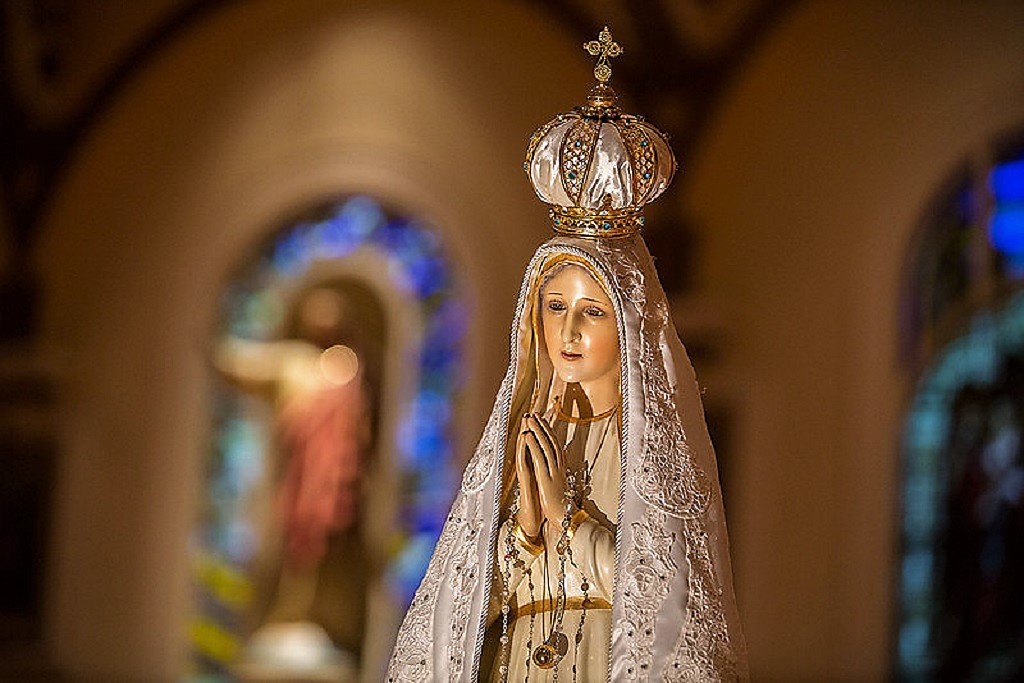
 Elise Hilton is an author, blogger and speaker. Her role at Diocesan Publications is Editor & Writer with the Marketing Team. She has worked in parish faith formation and Catholic education for over 30 years. A passionate student of theology, Elise enjoys sharing her thoughts on parish communication, the role of social media in the Church, Franciscan spirituality and Catholic parenting. To enquire about booking her as a speaker, please contact her at
Elise Hilton is an author, blogger and speaker. Her role at Diocesan Publications is Editor & Writer with the Marketing Team. She has worked in parish faith formation and Catholic education for over 30 years. A passionate student of theology, Elise enjoys sharing her thoughts on parish communication, the role of social media in the Church, Franciscan spirituality and Catholic parenting. To enquire about booking her as a speaker, please contact her at 
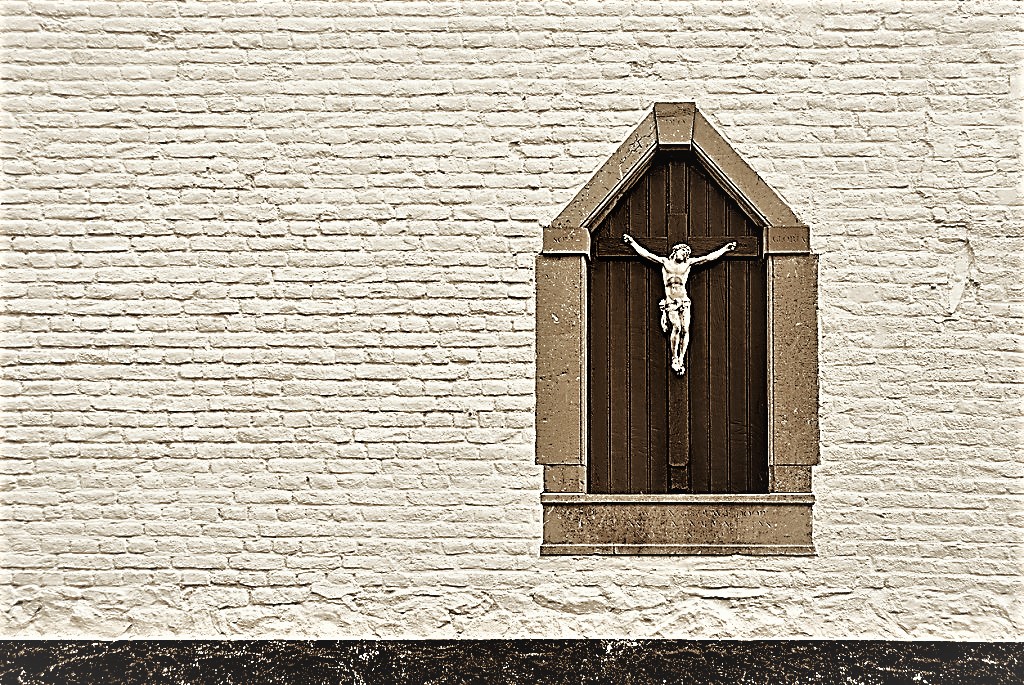
 After marrying her husband, Jim Roberts, in 1980, Cynthia Millen graduated from law school and practiced in Ohio for a short while. Excited about having a large family, Jim and Cindy were blessed more quickly than expected with the birth of five children in four years (two set of twins). Her love for reading and writing grew into the publication of several children’s books (under the name C. M. Millen), poems and short stories (including a 2014 Tuscany Prize winner). Millen earned her Masters in Literature from Trinity College, Dublin, and relishes the teaching (and learning) of reading, writing, and grammar with middle school students at Christ the King School in Toledo, Ohio. Most of all, she treasures attending Mass there with wonderful parishioners and truly marvelous priests. [This reflection is used by permission of
After marrying her husband, Jim Roberts, in 1980, Cynthia Millen graduated from law school and practiced in Ohio for a short while. Excited about having a large family, Jim and Cindy were blessed more quickly than expected with the birth of five children in four years (two set of twins). Her love for reading and writing grew into the publication of several children’s books (under the name C. M. Millen), poems and short stories (including a 2014 Tuscany Prize winner). Millen earned her Masters in Literature from Trinity College, Dublin, and relishes the teaching (and learning) of reading, writing, and grammar with middle school students at Christ the King School in Toledo, Ohio. Most of all, she treasures attending Mass there with wonderful parishioners and truly marvelous priests. [This reflection is used by permission of 

 Fr. Peter Damian, 38, is a native of Romania. Growing up under Ceausescu’s Communist regime, in a Christian Orthodox family, he became Catholic at age 19 after a deep search for Truth. Providence took him to Italy, where he attended seminary in the Diocese of Massa Carrara-Pontremoli, followed by post-seminary studies in Rome, at the Pontifical Lateran University. He was ordained a priest on April 2nd, 2005, the very same day St. John Paul II went to Heaven.
Fr. Peter Damian, 38, is a native of Romania. Growing up under Ceausescu’s Communist regime, in a Christian Orthodox family, he became Catholic at age 19 after a deep search for Truth. Providence took him to Italy, where he attended seminary in the Diocese of Massa Carrara-Pontremoli, followed by post-seminary studies in Rome, at the Pontifical Lateran University. He was ordained a priest on April 2nd, 2005, the very same day St. John Paul II went to Heaven. 
 Allison Gingras, founder
Allison Gingras, founder 